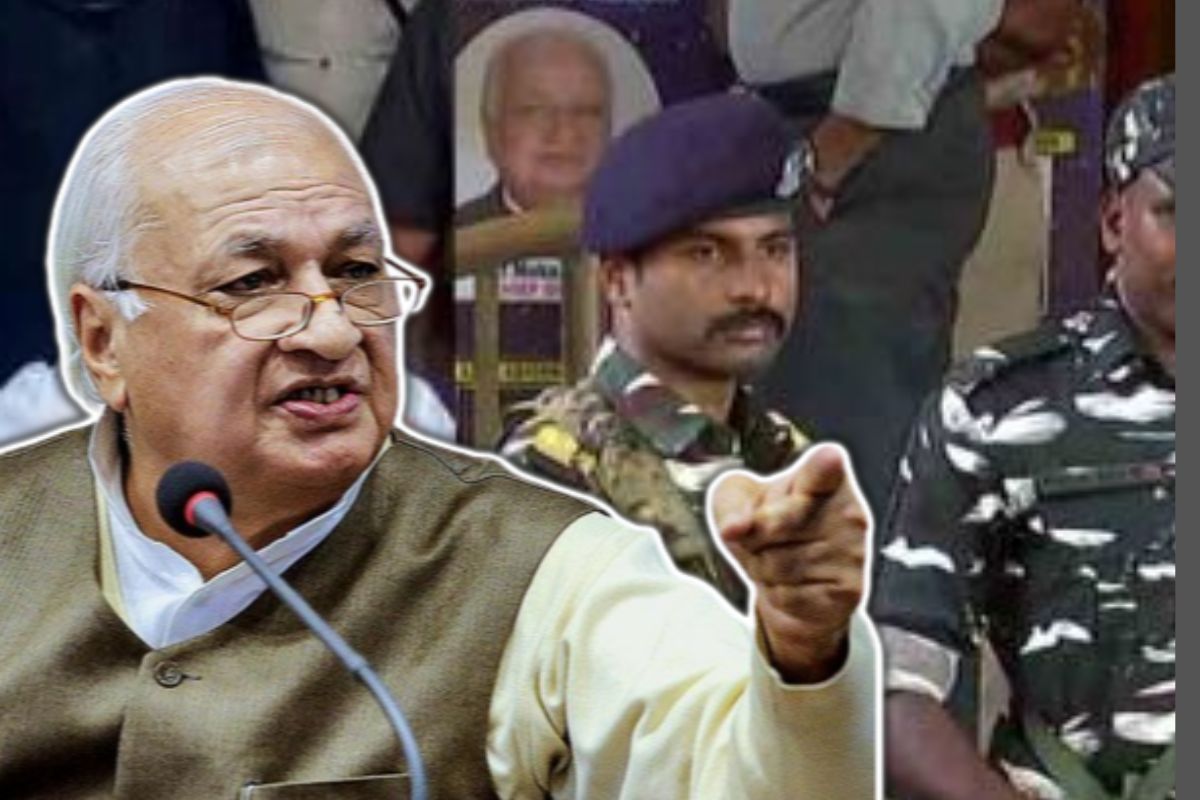THIRUVANANTHAPURAM: A contentious decision to assign CRPF security to Kerala Governor Arif Mohammed Khan has ignited a broader debate on the jurisdictional boundaries between the Centre and state governments, challenging the principles of cooperative federalism.
The central government’s move to provide central paramilitary cover for Khan, citing concerns about the effectiveness of the State law enforcement’s protection, has triggered criticism from the ruling left front, led by the CPI(M).
READ MORE : Prince Lakshyaraj Singh Mewar on royal legacy, Udaipur affection & BJP’s resurrection
Addressing reporters during the party’s central committee meeting at the AKG Centre in Thiruvananthapuram, CPI(M) state secretary M.V. Govindan vowed that the CRPF deployment would not deter protests against Khan.
“Will the arrival of the CRPF, or even the Army, prevent anyone from protesting? Those who have resolved to protest will go ahead with their plans,” Govindan stated. The SFI, leading the agitation against Khan, declared its intention to continue the protest.
Refuting Khan’s allegations, Govindan emphasised that attempts to impose Article 356 (President’s rule) in Kerala would fail as the government enjoys popular support.
The debate on the legality of CRPF deployment unfolded when the Kerala Police revealed they were not informed about it. Legal experts suggest that the state government cannot interfere with the Centre’s decision to deploy Z+ security, asserting that the central government holds the authority.
READ MORE : Watch: Chaos ensues in Maldives Parliament over anti-India Muizzu govt
Senior advocate and commentator Advocate Jayashankar clarified, “The subsidiary powers of the Centre always have the upper hand in a federal system. The Governor, in this case, lacks trust in the state police machinery, justifying the CRPF security deployment.”
The SFI reiterated its commitment to the protest until Khan withdraws nominations to the Kerala and Calicut university senates, while Union Minister V Muralidharan criticised CM Vijayan for politicising the paramilitary force. IUML leader P.K. Kunhalikutty remained neutral, attributing fault to both the government and Khan.










